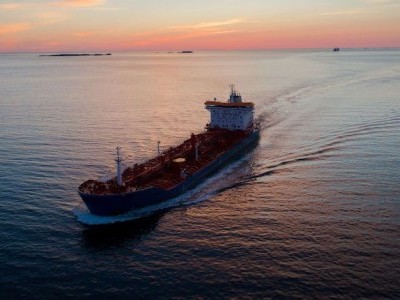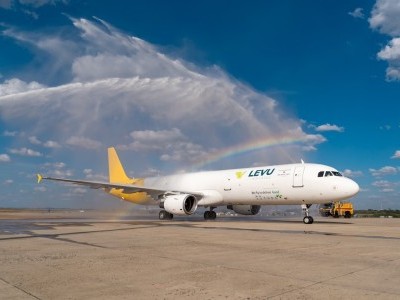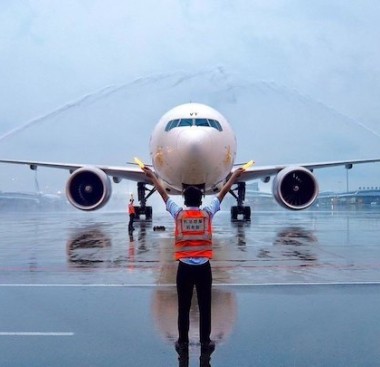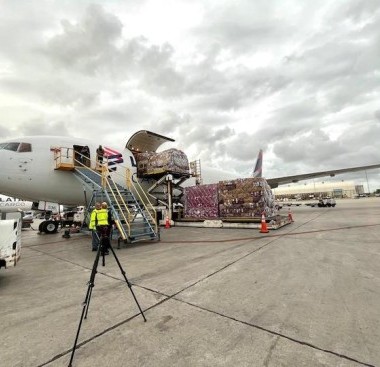Composites make world’s largest airship possible
Apr 30, 2024Composites manufacturer Exel Composites is collaborating with French airship manufacturer and operator FLYING WHALES to develop thin wall carbon fiber tubes for a state-of-the-art airship. The airship will deliver up to sixty tons of cargo to remote and difficult-to-reach locations globally. This will also cut emissions compared to land and air transportation. The composites producer will provide R&D support during the airship's rigid structure prototyping phase, developing and manufacturing the estimated 80km of carbon fiber tubing needed to make this concept a reality.
FLYING WHALES is the designer of the LCA60T, a 200 m-long vertical take-off and landing (VTOL) airship that uses helium lifting technology to lift its weight and cargo capacity. The airship will function like an airborne crane, carrying the cargo and transporting it to the customer, reducing the reliance on air and land transport, and unlocking bottlenecks at shipping ports.
The airship could be used to transport trees when transporting lumber, wind turbine blades to utility stations, and, most surprisingly, an entire portable hospital, aiming to bring universal healthcare to some of the world's most remote areas.
"With this airship being one of the largest ever developed, the frame needs to be able to distribute the structure’s entire load," explained Guillaume Klein, business development manager at Exel Composites. "We are working closely with FLYING WHALES to develop a unique tube that meets the technical requirements and specifications needed to make this project viable. Most aerospace standards don’t cover airships yet, instead focusing on planes and helicopters."
"We needed both a supplier of pull-wound carbon fiber tubes and an R&D partner with an understanding of aerospace standards and applications to help bring our vision to life. Exel provided us with both," explained Vincent Guibout, CEO of FLYING WHALES.
The Finnish composites manufacturer, Exel Composites, was selected due to the huge volume supply of tubes needed for the airship, and the producer’s unique capabilities.
"Each airship requires 80 km of pull-wound carbon fiber tubes,” continued Klein. “Pull-winding is ideal for these applications as it allows extra reinforcements to be added to the tubes compared to other techniques. Furthermore, being a continuous manufacturing process, it allows us to produce the large volumes of tubes needed for this project while maintaining quality, stability, and uniformity.”
Similar Stories

Oil tankers forced out of Greek gulf again as Navy drills resume
View ArticleOne dead after Singapore Air flight hit by severe turbulence
Singapore Airlines Ltd. said one person was killed and several others injured after a flight from the UK to Singapore encountered severe turbulence in the skies over Asia and was…
View ArticleRussia temporarily allows gasoline exports after meeting local demand
Russia temporarily lifted its ban on gasoline exports to avoid overstocking at refineries as domestic supplies have met demand.
View Article
UPS joins blue-chip bond market rush ahead of holiday weekend
View Article
SmartLynx delivers A321F to Levu Air Cargo
View Article
Airforwarders Association sponsored legislation to reduce airport truck congestion
View ArticleGet the most up-to-date trending news!
SubscribeIndustry updates and weekly newsletter direct to your inbox!





